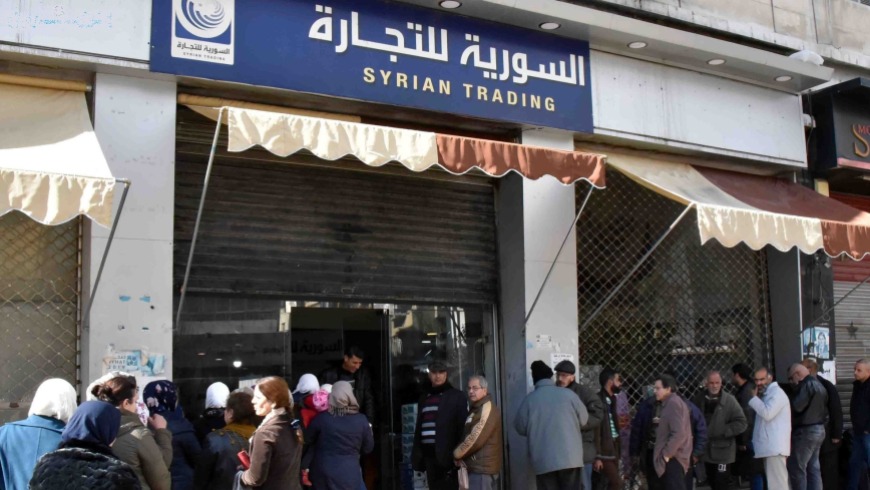Several weeks ago, the government initiated a research study led by a team of economic experts and researchers to explore the possibility of replacing certain forms of current subsidies with a cash allowance for eligible citizens. The first focus of this study was bread subsidies, with the team collecting extensive data from various ministries and government institutions.
According to information obtained by Athr Press, the proposed scenario involves gradually increasing the price of bread to reflect its true cost. With each price increase, the government will implement a cash subsidy system. This system will transfer the difference between the current subsidized price and the new price directly to the bank accounts of eligible citizens. For instance, if the price of a loaf of bread rises to 3,000 liras, 2,600 liras will be transferred for each loaf purchased by electronic card holders eligible for support.
Multiple Fronts
In the initial stage, there will be minimal reduction in the cost of subsidizing bread or other commodities. Eligible citizens will receive cash allowances to cover the difference between old and new prices, which will be refunded to their accounts at the end of each month. However, the primary benefit will accrue to the institutions and companies involved in producing and providing subsidized goods and services. Over time, these entities will no longer bear the financial burden of subsidies and can transition from loss-making to profit-generating operations.
Post-implementation, public institutions and companies will face significant challenges, including:
- Reevaluating Production Costs: Institutions must reassess their cost calculations to align with standard accounting principles, eliminating waste and corruption. Rising inflation will increase costs, making it imperative to exclude non-essential expenses and inefficiencies.
- Transparency in Procurement: Accelerating the issuance of a government procurement law is crucial, as much of the corruption occurs during the supply of raw materials and production requirements. Transparency in tenders and contracts is essential.
- Controlling Production Processes: Reviewing and monitoring production stages to eliminate waste and corruption is necessary. Ensuring the availability of materials in adequate quantities will prevent the black market from siphoning off subsidies.
- Evaluating Eligibility for Subsidies: Determining eligibility based on fixed monthly income rather than asset ownership is essential. Building a reliable database for this purpose will take several years.
Application Concerns
Three primary concerns accompany the cash subsidy allowance project:
- Inflation Impact: The potential for inflation due to large cash transfers to eligible citizens. Selling subsidized goods and services at cost or lower prices will mitigate this, but the government needs a strategy to manage inflation effectively.
- Stability of Cash Allowance: Public fears about the potential cancellation of cash allowances or their value remaining static despite inflation. Guarantees are needed to prevent these fears from materializing, considering past precedents.
- Banking Infrastructure: The ability of banking institutions to manage the disbursement of cash allowances efficiently, especially in rural areas with limited banking facilities. Ensuring adequate banking technology and infrastructure is crucial to prevent bottlenecks and queues.
The success of the cash allowance initiative depends on addressing these challenges through careful planning and transparent execution. By doing so, the government aims to reduce the cost of subsidies and eliminate avenues for theft and corruption.
This article was translated and edited by The Syrian Observer. The Syrian Observer has not verified the content of this story. Responsibility for the information and views set out in this article lies entirely with the author.


